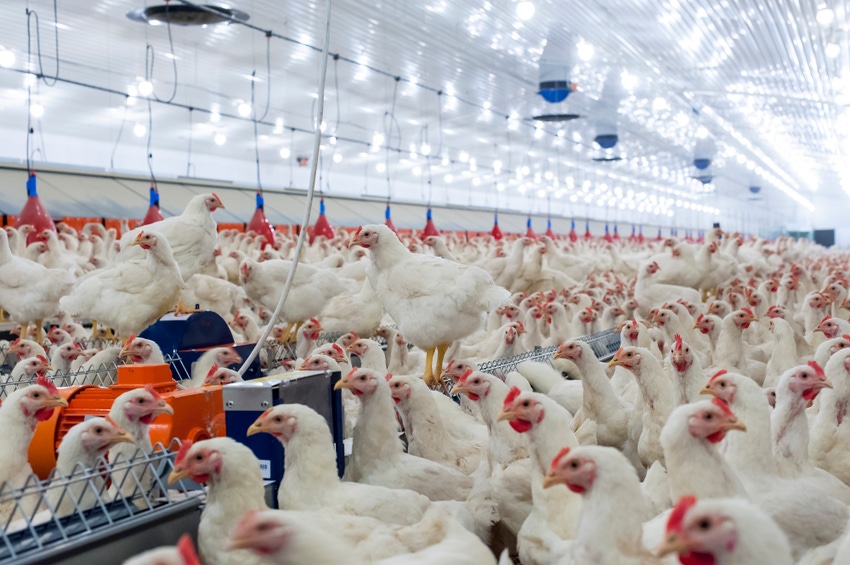Study seeks to help poultry breeders selectively breed chickens to have most effective AvBD1 genotype.
January 16, 2023

USPOULTRY and the USPOULTRY Foundation recently announced the completion of a funded research project at The Ohio State University in which Dr. Kichoon Lee, professor at The Ohio State University, evaluated potential antibiotic alternative approaches for controlling Salmonella in poultry.
Avian defensins have potent anti-bacterial activity. The expected long-term impact of the study was to help poultry breeders selectively breed chickens to have the most effective AvBD1 genotype; reduce the Salmonella population within the chicken gut; and ultimately produce a safer poultry product.
The research project consisted of three objectives, 1) determine allele frequency of these AvBD1 variants in several major chicken breeds, 2) validate the most potent AvBD1 chicken genotype by challenging chickens (screened according to their AvBD1 genotype) with live Salmonella inoculations, and 3) assess synthetic AvBD1 variants for antimicrobial activity against Salmonella.
Although variations were identified in AvBD1 proteins among chicken populations, the in vivo and in vitro data did not show differences in anti-Salmonella activities.
The research was made possible in part by Simmons Foods and proceeds from the International Poultry Expo, part of the International Production & Processing Expo (IPPE). The research is part of the association’s comprehensive research program encompassing all phases of poultry and egg production and processing.
The research summary can be found here.
You May Also Like


.png?width=300&auto=webp&quality=80&disable=upscale)
